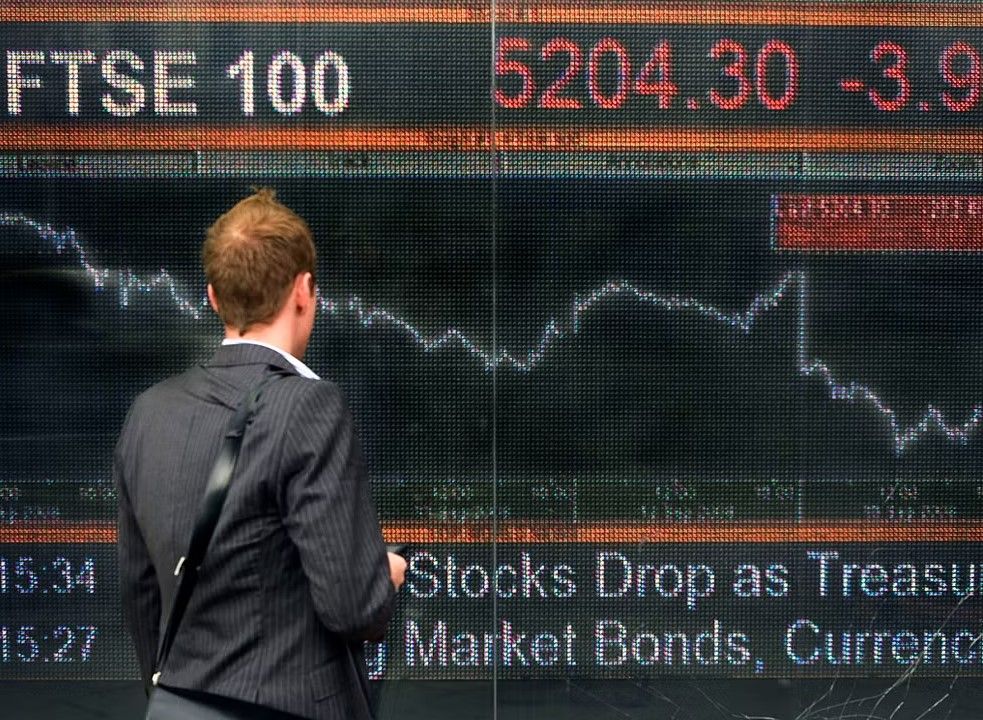FXOpen

For at least two years, there has been a lot of discussion within the financial sector as well as among the public regarding whether Britain may enter a recession or not.
There was a huge amount of increased public spending which took place during 2020 and 2021, along with a reduction in productivity as a result of government-imposed business closures and lockdowns during that period.
Somehow this had to be recovered, as well as the shift away from traditional working practices to what was regarded as ‘the new normal’ among the workforce, which, as with many changes in cultural and commercial dynamics, has come with costs and tremendous disruption.
This era was followed by an energy price crisis in which almost 30 domestic energy suppliers exited the UK market and a cost of living crisis compounded by the increase in fuel and heating costs as well as an overall 10% inflation figure.
Why is this sudden news again? The British public has long since moved on and shown tremendous resilience in doing so.
The reason is that the talk of recession is once again heading onto the airwaves, but this time there is no scaremongering, and even the International Monetary Fund (IMF) has stated that the United Kingdom is likely to fend off any form of recession this year.
Looking back to those very uncertain times in 2021, when there were many people who had sustained tremendous losses due to being mandated not to work, and the government had run up huge debts paying people to stay at home and sponsoring resource-hungry white elephant projects which have long since been viewed as a moot point by the British public, including tracing systems and other such high-cost projects instigated by the central government, a remarkable turn of events took place.
Instead of the country heading into recession, sales in the newly reopened retail stores across the country boomed, new car sales rocketed, house prices increased, and the markets, especially the FTSE 100 index containing the UK’s most prestigious listed companies, rose significantly.
This should perhaps have been enough of an indicator of an economic rush that would set Britain back on the path to recovery from government overreach.
Today, despite inflation and living costs remaining very high, metrics acknowledged by the IMF, the overall sentiment by the IMF is that there will be no recession in Britain and that an upgrade in the forecast is now appropriate. The IMF expects the British economy to grow by 0.4% in 2023, whereas last month, it forecast the economy would contract by 0.3%.
There are two contrasting metrics, however. One is that the British Pound has been falling in value against the US Dollar, despite constant discourse among mainstream media outlets that the US may default on its commitments on June 1 this year, and the FTSE 100 index has dipped considerably this morning and is now at around 7,640 points whereas just over a month ago there was market euphoria as it went over the 8,000 mark for the first time.
The IMF may have an optimistic view, but that might take time to register with investors who, clearly judging by the value of the Pound and the performance of the FTSE 100 index over recent days, are taking a very conservative stance.
What may happen if the US defaults on its debt on June 1 is a matter for consideration, but that is very unlikely as it may well come to pass that a sudden ‘last minute deal’ will be rolled out to increase the debt ceiling and print money.
This is not a conservative monetary policy at all, but the markets seem to support the possibility that no default will occur.
As for Britain’s now more positive outlook, how will the markets react? Let’s see!
Trade global index CFDs with zero commission and tight spreads. Open your FXOpen account now or learn more about trading index CFDs with FXOpen.
This article represents the opinion of the Companies operating under the FXOpen brand only. It is not to be construed as an offer, solicitation, or recommendation with respect to products and services provided by the Companies operating under the FXOpen brand, nor is it to be considered financial advice.
Stay ahead of the market!
Subscribe now to our mailing list and receive the latest market news and insights delivered directly to your inbox.








